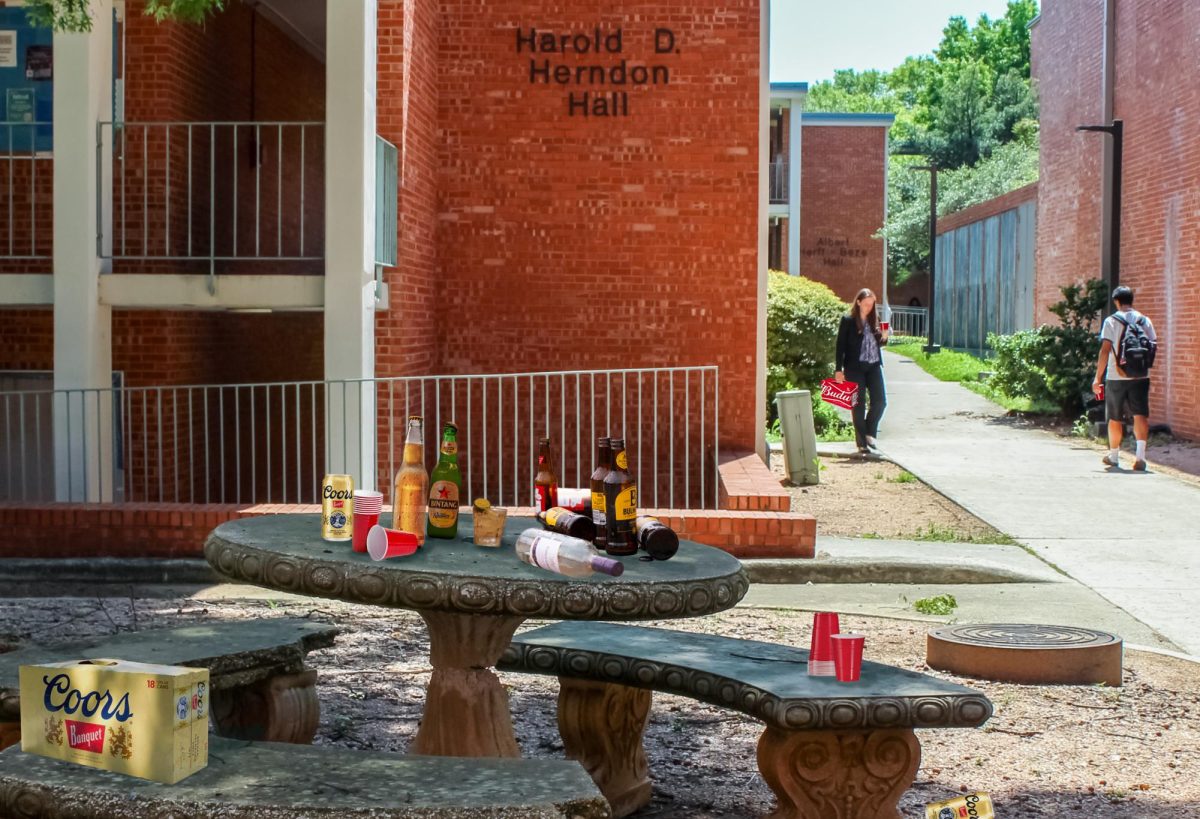In the future, members of the Trinity University Academic Honor Council could receive academic credit for their work in the organization. This move to pragmatic learning comes alongside the impending changes to the curriculum at Trinity.
Since his arrival on campus, Dennis Ahlburg, president of the university, has instituted a strategic planning process that will redefine liberal arts for the university. The curriculum would integrate professional and pre-professional programs while expanding upon excellence in faculty research.
Co-faculty adviser for the Honor Council, C. Mackenzie Brown, the Jennie Farris Railey King professor of religion, commented on the proposal.
“The new curriculum includes such things as academic credit for internships and learning outside of the classroom. This is the sort of proposal that would appeal to that,” Brown said.
Brown said that the proposal would most likely only affect first years. He estimates that it will take one to two years for the proposal to go into effect due to the feedback anticipated by the administration. Brown admited that administration approval is definite and must be obtained first.
David Tuttle, dean of students and associate vice president of Student Affairs, is interested by the proposal and says that the Honor Council must be respected for what they do.
“In terms of strategic planning,” Tuttle said, “it is a good time to do this. It’s never bad to ask the question, but you have to be careful about what merits academic credit.”
The other faculty advisor for the Honor Council, Curtis A. Brown, professor of philosophy, ensures that if approved, the organization’s proposal would merit credit.
“There would be considerable academic work involved in the general obligation and role of members. It would be similar to the discussion of a seminar type class,” said Brown.
Members of the Honor Council would be assigned readings and additional research. Both advisors entertained the idea of examining the honor codes of other universities and comparing those to Trinity’s. The course would be a one to two credit hour course. If course credit were to exceed two credits, the proposal would have to be revised.
The proposal must first be approved by the University Curriculum Council (UCC) to guarantee that it complies with the academic goals of the university. At the point it would go under scrutiny by the remainder of the Trinity faculty.
Additionally, with any changes to the honor code, the Association of Student Representatives (ASR) must give their approval.
“In that sense,” Brown said, “ASR would have a legitimate input.”
The class would be year-long and would be considered work, not service.
The AHC is composed of 21 undergraduate students and two faculty advisors. It promotes a high academic standard at the university preserves integrity in the work of students. Any student accused of academic violations, such as cheating, will appear before the AHC and consequently receives sentencing.
Students or faculty with any questions about of for the AHC should contact the organization at honorcouncil@trinity.edu.








Laughing • Oct 23, 2012 at 11:27 am
This is a joke, right? Maybe ONE credit hour, but it’s an extracurricular activity!